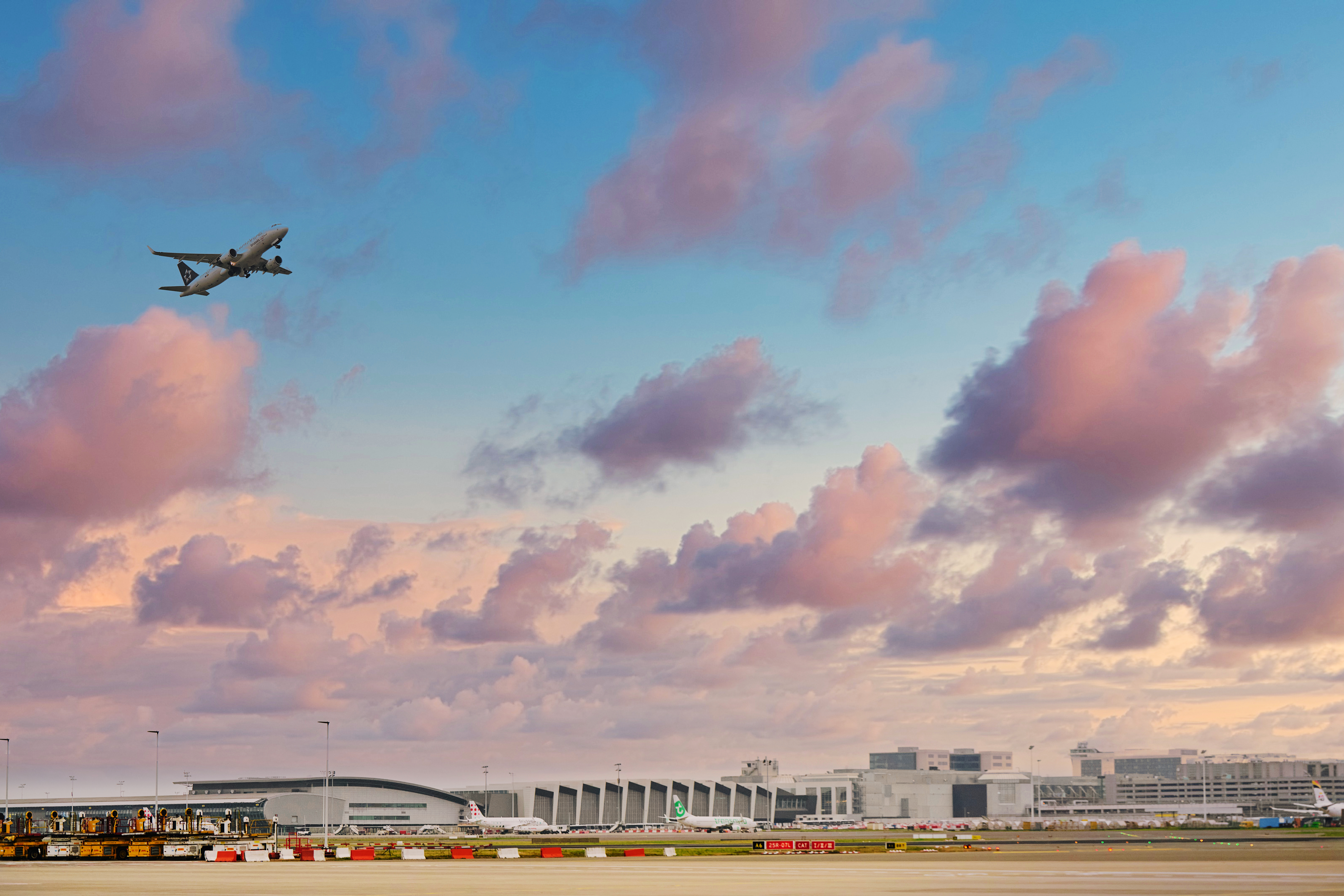
Opposing reactions to new permit for Brussels Airport

Flemish Minister for the Environment, Zuhal Demir, has approved the new environmental permit for Brussels Airport. The decision causes many conflicting reactions, with no one seeming satisfied /Brussels Airport
The granting of Brussels Airport Company's new environmental permit is provoking opposed reactions. According to the citizen forum Burgerfor


Comments
Ready to join the conversation?
You must be an active subscriber to leave a comment.
Subscribe Today